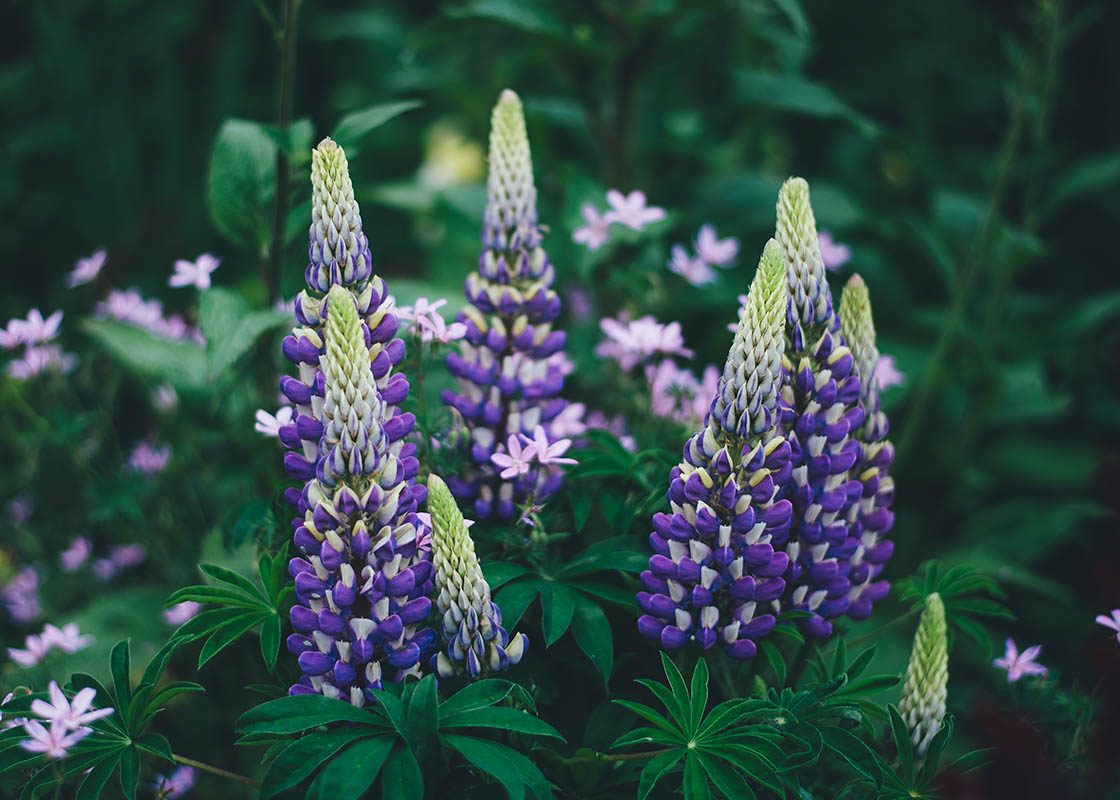



Biological control of undesirable garden pests is the desirable way to go.It’s a garden management tool that encourages natural processes by bringing one living organism into the garden to munch on another.
Biological control
Biological control of undesirable garden pests is the desirable way to go. It’s a garden management tool that encourages natural processes by bringing one living organism into the garden to munch on another.
Chemicals control
Besides, having chemicals around to control garden pests is always a nuisance. The preparation for use and application must be done while protecting skin, eyes and breathing passages. And storing chemicals is a hassle, too. Chemical pest control may also kill or discourage beneficial insects and other friendly wildlife.
Invisible presence of hordes
In truth, biological control is going on all around us without any human assistance. Native birds have a ravenous appetite for insect pests, as do naturally occurring ladybug and green lacewing larvae. The grain, vegetable and fruit crops on which our diet depends could not grow without the nearly invisible presence of hordes of minute parasitic wasps that do the heavy lifting where worldwide insect pest control is concerned.
Bring birds into your garden
You can bring birds into your garden with birdbaths and birdhouses and by planting perennials with tubular flowers, nearly all of which seem to attract hummingbirds. Beneficial insects are attracted to yarrows (Achillea species), sweet alyssum, penstemon, herbs (thyme, lemon balm, spearmint, English lavender, feverfew, coriander), daisy family members (zinnia, cosmos, chrysanthemum) and, especially, alfalfa.
Still, the presence of birds and visits by beneficial insects through prudent plant selection may not be sufficient to overcome insect pest issues. In such cases, there are insectaries such as Rincon-Vitova (rinconvitova.com) in Ventura that nurture and mass produce dozens of predatory insect species for control of common insect pests and mites. They will ship these beneficial predators right to your door.
Garden pests
Garden pests do not include only insects, but snails and slugs, raccoons, squirrels and deer. Yet, if the only pests that we had to worry about belonged to the animal kingdom, garden maintenance would be a lot simpler than it is. One way or another, animal pests can nearly always be controlled or discouraged.
However, when it comes to pestiferous plants — weeds, that is — it seems that the only way to control certain particularly pernicious types is through chemical application. Yet this, too, may be changing due to increased aversion to chemical use and to expanding research into biological weed control.
Human assisted biological control is not new. Nearly 2,000 years ago, the Chinese brought nests of yellow citrus ants into mandarin orchards to control undesirable caterpillars and beetle borers. And today the Chinese use other kinds of ants to deter insect pests in rice paddies and sugarcane fields.



